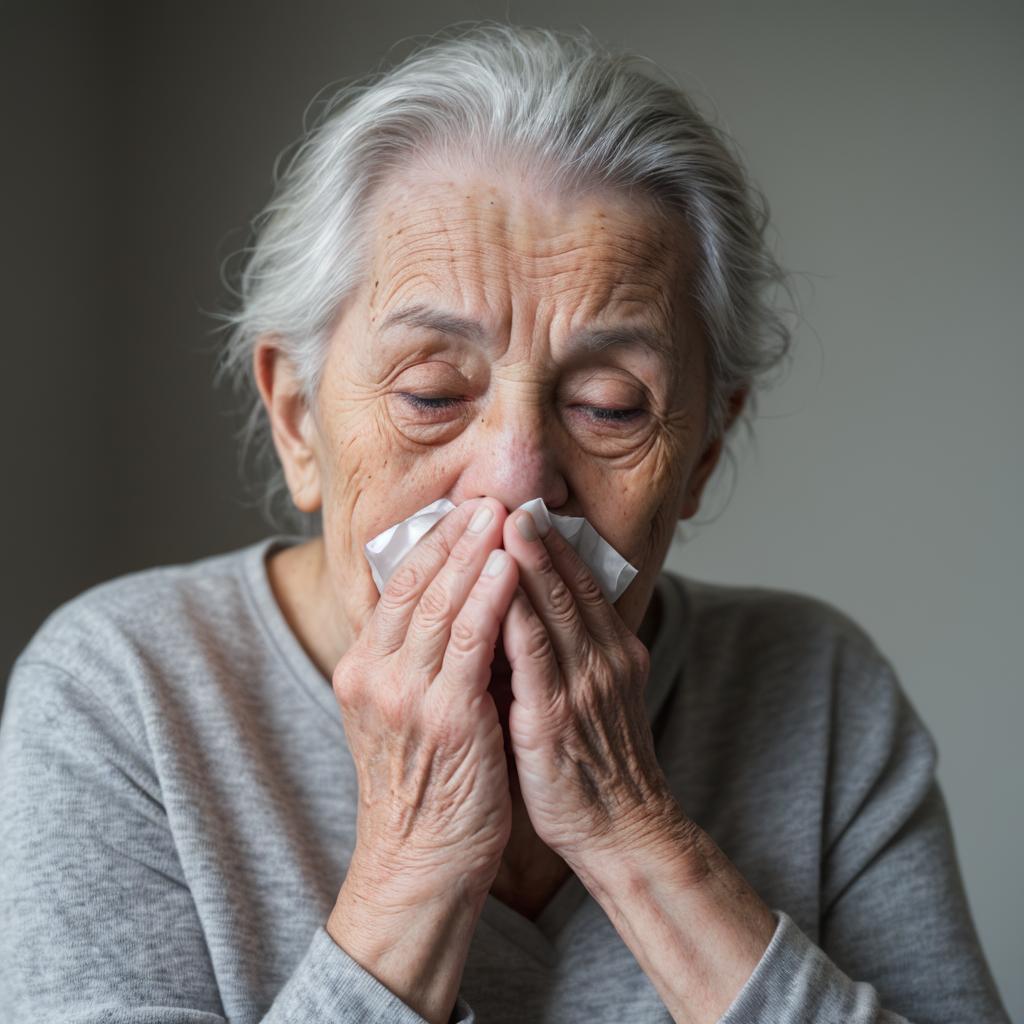
Sore throats are a common complaint, often attributed to viral infections such as the common cold or flu.
However, what many people may not realize is that allergies can also cause sore throats. In this article, we’ll explore the connection between allergies and sore throats, including their causes, symptoms, and treatment options.

Causes
Allergies occur when the immune system overreacts to harmless substances known as allergens. Common allergens include pollen, pet dander, mold, dust mites, and certain foods. When exposed to these allergens, the body releases histamines and other chemicals, leading to inflammation and irritation in various parts of the body, including the throat.
Symptoms
A sore throat caused by allergies may present with symptoms similar to those of a viral infection, such as:
Scratchy or irritated throat
Swelling or redness in the throat
Hoarseness or loss of voice
Postnasal drip
Coughing
Sneezing
Itchy or watery eyes
Nasal congestion
It’s important to note that allergies can exacerbate existing conditions such as asthma, leading to additional symptoms such as wheezing or difficulty breathing.
Diagnosis
Diagnosing an allergy-related sore throat often involves a combination of medical history, physical examination, and allergy testing. Your healthcare provider may inquire about your symptoms, environmental exposures, and any known allergies. Allergy testing, such as skin prick tests or blood tests, can help identify specific allergens triggering your symptoms.
Treatment
Treatment for an allergy-related sore throat typically involves addressing both the underlying allergy and the symptoms. Here are some common approaches:
Avoidance: Whenever possible, try to avoid exposure to known allergens. This may include keeping windows closed during high pollen seasons, using allergen-proof bedding covers, and keeping pets out of bedrooms.
Medications: Over-the-counter antihistamines, decongestants, and nasal corticosteroids can help alleviate allergy symptoms, including a sore throat. Your healthcare provider may also prescribe stronger medications if over-the-counter options are ineffective.
Allergy Shots (Immunotherapy): For individuals with severe allergies, allergy shots may be recommended. These injections contain small amounts of allergens and can help desensitize the immune system over time, reducing allergic reactions and symptoms.
Home Remedies: Gargling with warm salt water, using saline nasal rinses, and drinking plenty of fluids can help soothe a sore throat caused by allergies.
Humidifiers: Using a humidifier in your home can help keep the air moist, which may ease throat irritation and congestion.
Throat Lozenges: Over-the-counter throat lozenges or sprays containing numbing agents such as benzocaine can provide temporary relief from sore throat pain.
While sore throats are commonly associated with viral infections, allergies can also be a culprit. Understanding the connection between allergies and sore throats is essential for proper diagnosis and treatment. If you frequently experience a sore throat or other allergy symptoms, consult with your healthcare provider to determine the underlying cause and develop an appropriate management plan. With the right approach, you can find relief and improve your quality of life despite allergy-related challenges.



